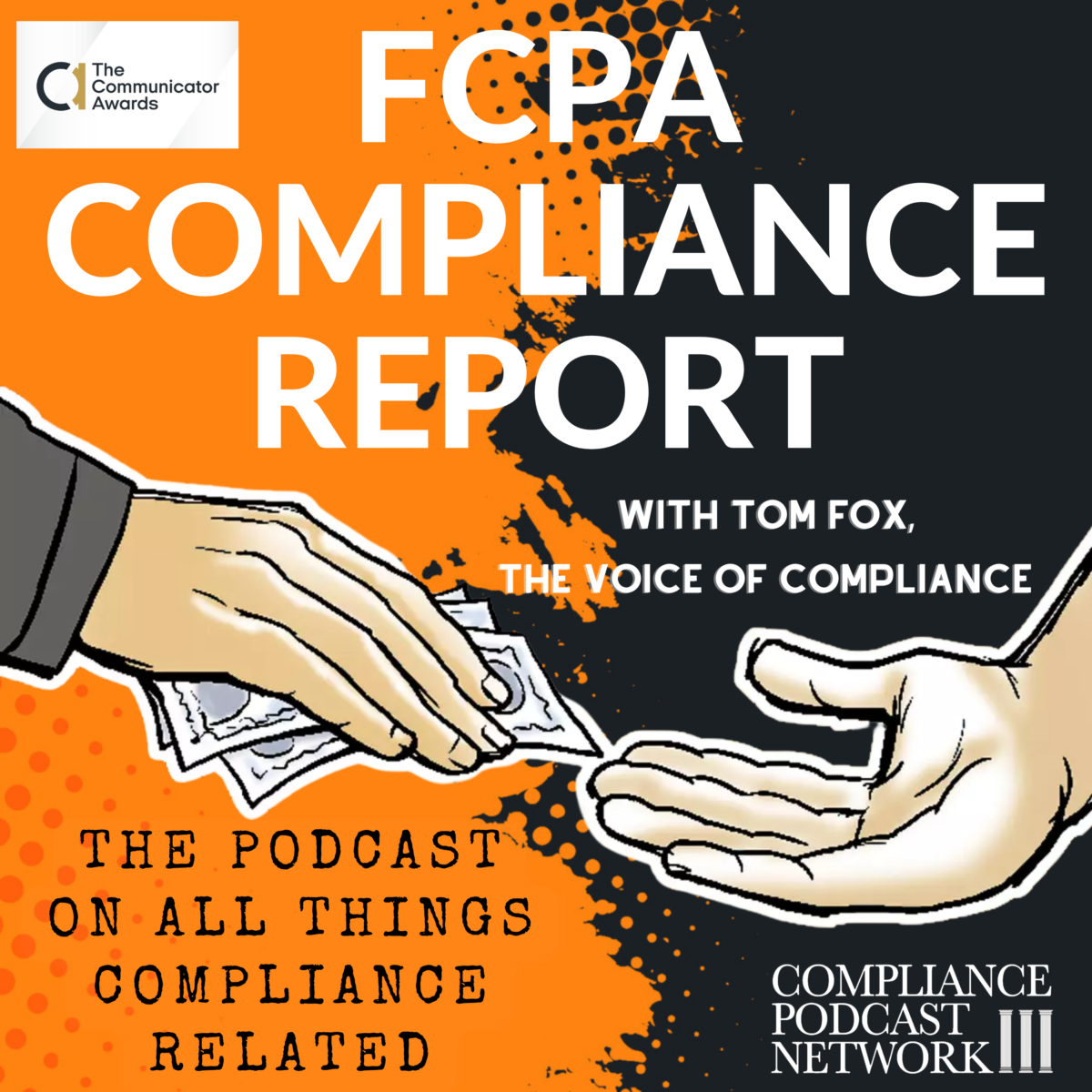Retaliation against a person who speaks up is a pervasive issue that not only creates a toxic work environment but also discourages victims from reporting incidents. This means you must address retaliation and encourage reporting in workplaces. When employees report harassment face severe retaliation, which leads to a loss of trust in the reporting process. This fear of being labeled a “rat” or “gossip” often prevents victims from coming forward and seeking justice. To combat this issue, non-retaliation protocols are crucial to protect individuals and ensure legal compliance.
Non-retaliation protocols must be in place to encourage reporting. The fear of retaliation is deeply rooted in the perception of being a whistleblower or complainant. Every compliance must have strong policies, consequences for violators, and open workplace conversations to empower bystanders. Bystanders play a crucial role in identifying and reporting harassment, but they often fear retaliation or loyalty conflicts.
Addressing retaliation and encouraging reporting in workplaces requires a multifaceted approach. Strong non-retaliation protocols, open workplace conversations, and the empowerment of bystanders are key factors in creating a safe and inclusive work environment. By prioritizing the well-being of employees and fostering a culture of trust, organizations can effectively combat sexual harassment and ensure compliance with legal and regulatory requirements.
Three key takeaways:
1. You must have robust policies and procedures against retaliation.
2. A lack of confidential reports will have an impact on culture.
3. Bystanders are the key to a robust culture.
Do you want to improve your culture? How can you assess your culture and develop a strategy to improve it going forward? In this free webinar on the new tool, The Culture Audit with Tom Fox and Sam Silverstein on Tuesday, November 28, 12 CT. For more information and registration, click here.







